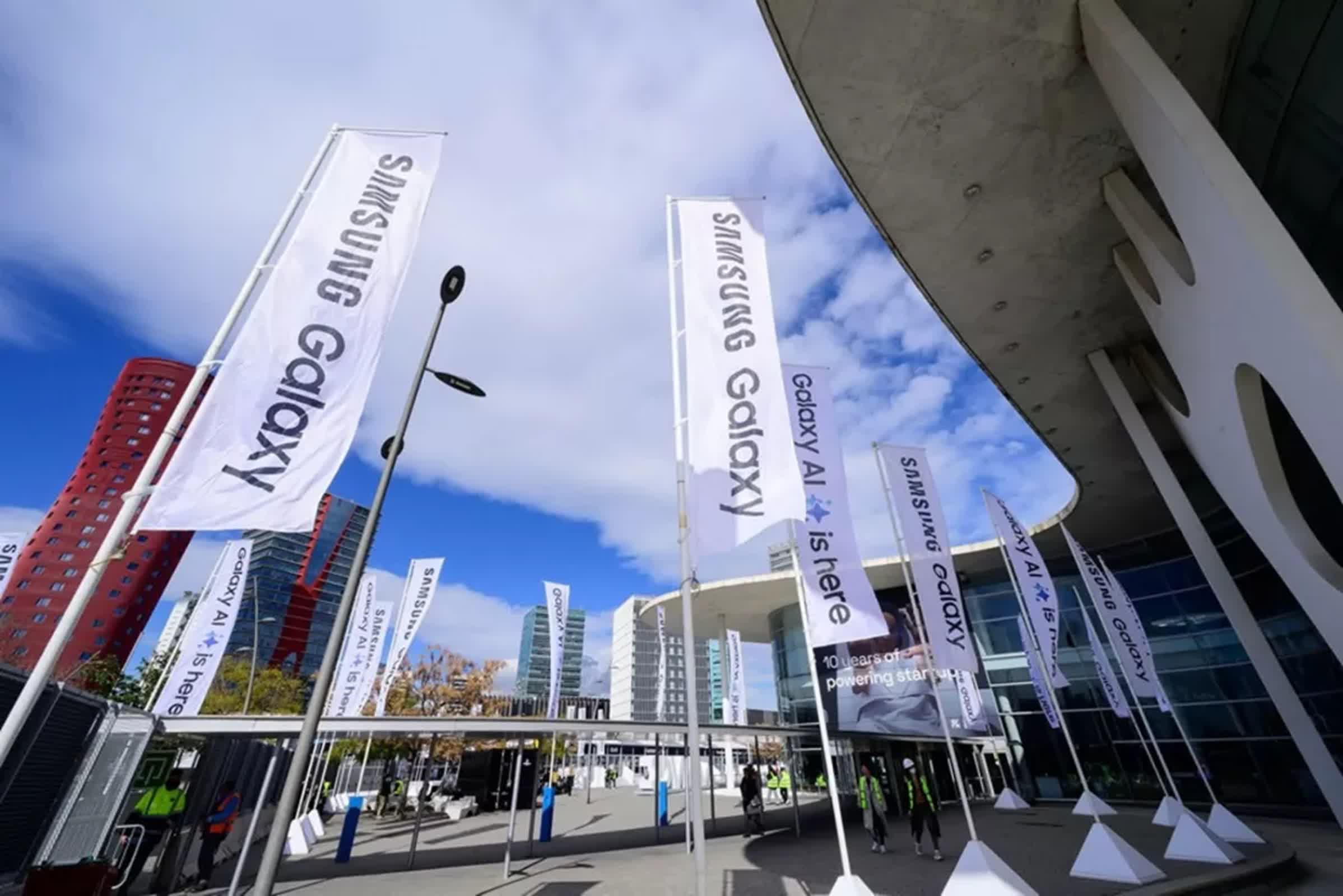Rumor mill: Samsung is reportedly gearing up to launch the next-generation Galaxy Ring later this year, a wearable device that could mark a significant leap in battery technology. According to a report from Money Today SK, the Galaxy Ring 2 is expected to feature all-solid-state batteries, an innovation referred to as the “dream battery.”
The Galaxy Ring 2, anticipated for release in the fourth quarter of 2025, will showcase the first application of these all-solid-state batteries. Unlike traditional lithium-ion batteries, they offer higher energy density.
Samsung’s current version of this technology achieves an energy density of 200Wh/L, but the company plans to upgrade it to 360Wh/L by the time the Galaxy Ring 2 hits the market. This advancement could significantly enhance battery life and performance, helping to address one of the key limitations of wearable devices.
The development is spearheaded by Samsung Electro-Mechanics, the division tasked with creating advanced battery solutions for ultra-portable devices.
Samsung’s ambitions for all-solid-state batteries extend beyond the Galaxy Ring. The company reportedly plans to integrate the technology into other wearables over the next few years. According to industry insiders cited by Money Today SK, true wireless earbuds (Galaxy Buds) are slated to adopt these batteries by late 2026, followed by smartwatches like the Galaxy Watch in late 2027.
Samsung has set a goal to apply solid-state battery prototypes starting with the Galaxy Ring in Q4 2024, followed by true wireless earbuds (TWS) in Q4 2026, and smartwatches in Q4 2027.https://t.co/ecWrLBxFVv
– Jukanlosreve (@Jukanlosreve) April 1, 2025
However, despite the technological promise, challenges loom for Samsung. Producing all-solid-state batteries is an expensive endeavor, and industry analysts predict that the high manufacturing costs could make securing profitability for the Galaxy Ring 2 challenging.
The original Galaxy Ring was launched last year for 490,000 won (approximately $370). Analysts warn that incorporating this advanced battery technology could further inflate the price of its successor, potentially limiting its appeal in an already competitive market.
The high price of materials used in all-solid-state batteries is a key factor driving costs. For example, lithium sulfide, a crucial component for sulfide-based electrolytes in these batteries, is far more expensive than liquid electrolytes in conventional lithium-ion batteries.

Despite these obstacles, Samsung appears committed to advancing its battery technology. At CES earlier this year, Jang Deok-hyun, President of Samsung Electro-Mechanics, announced plans to invest in mass production facilities for all-solid-state batteries starting this year. The company aims to increase the energy density to 400Wh/L by late 2026 for applications like Galaxy Buds.
Source link